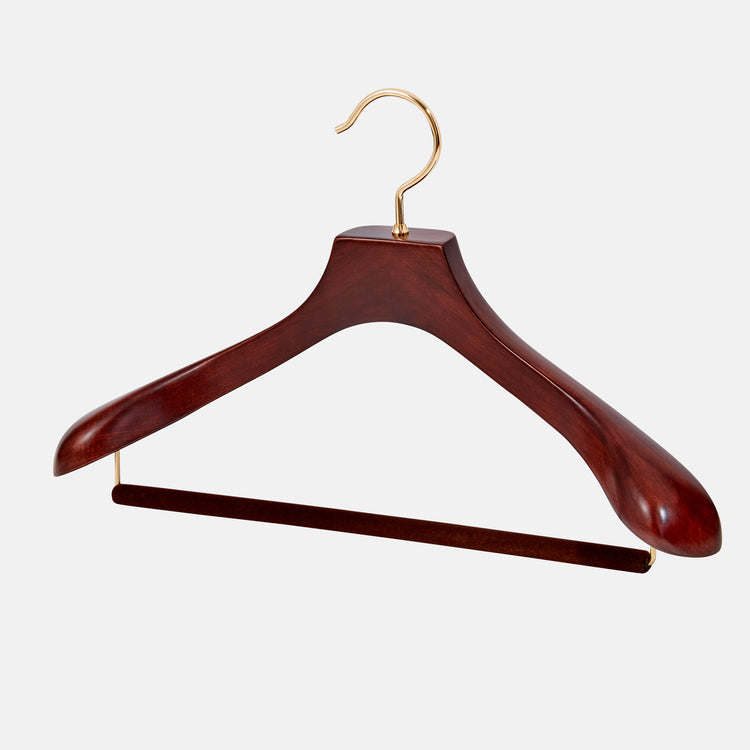imageWIS
Stylish Dinosaur
- Joined
- Apr 19, 2004
- Messages
- 19,716
- Reaction score
- 106
Well, yes there are patch pockets that utilize a flap and therefore are closed patch pockets.I agree with the patch pockets on a classic blazer, though I'm not quite sure why you call them 'open' patch pockets. Is there such thing as a closed patch pocket?
I think the proper term for a jacket is 'jacket' instead of 'coat'.
'Trousers' and 'pants' are the same thing. 'Pants' is the American corruption of the Italian word 'pantaloni', which means trousers.
Jon.
 Dictionary of the English Language
Dictionary of the English Language
